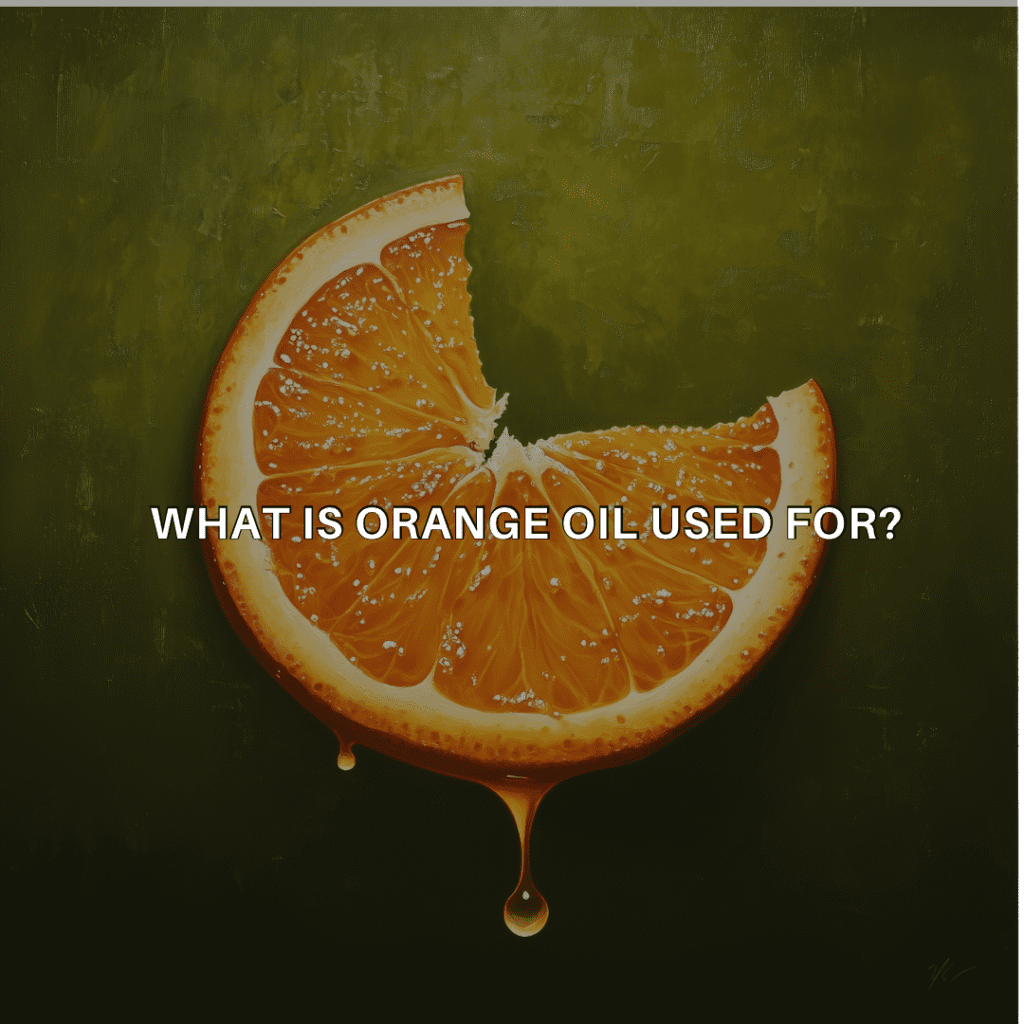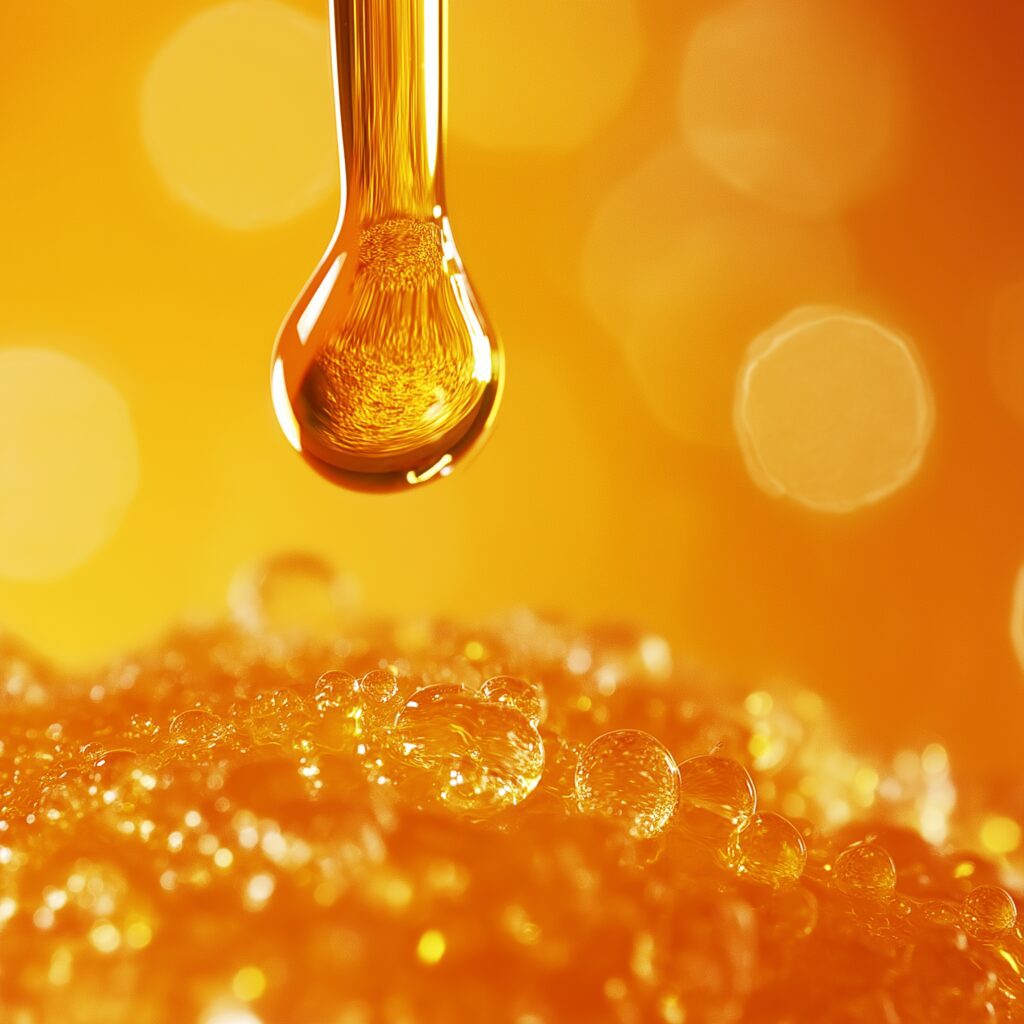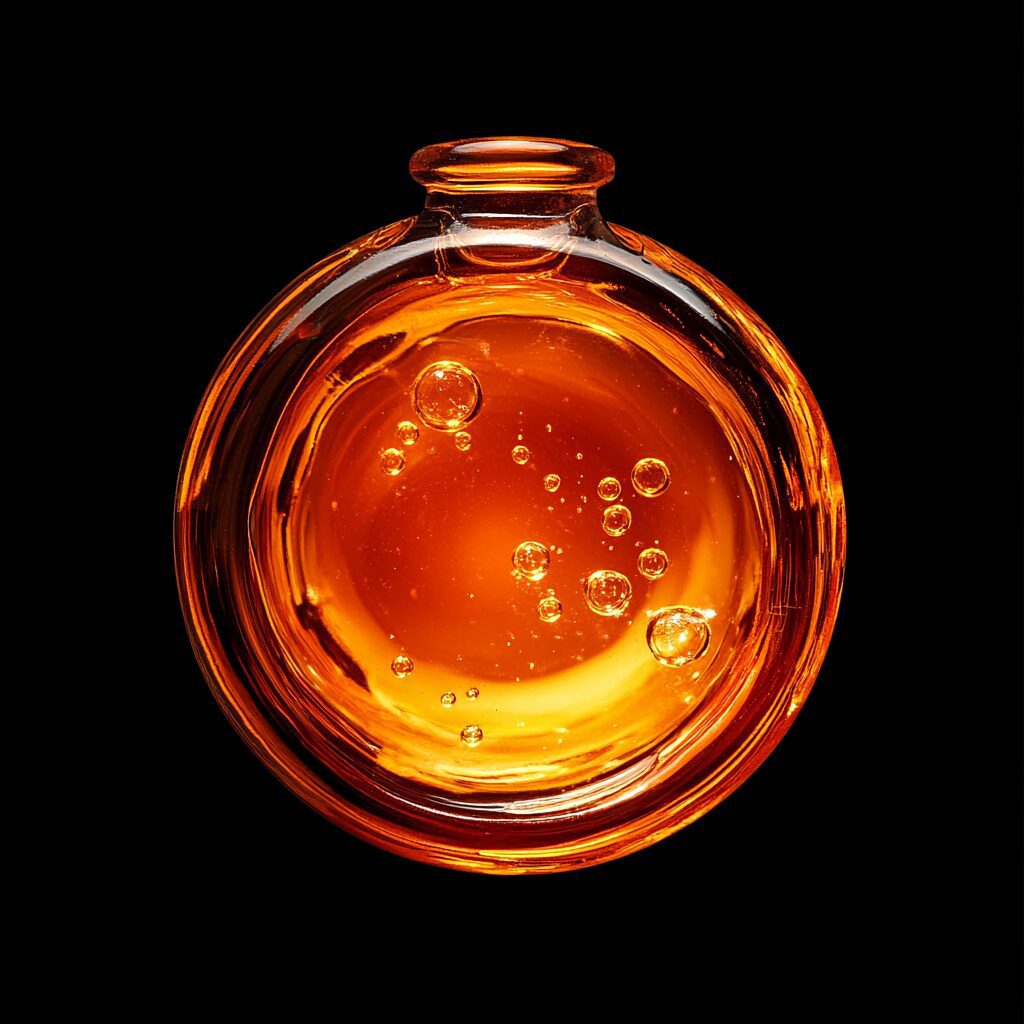What Is Orange Oil Used For?

Orange oil, derived from the peel of oranges, is a versatile and powerful natural extract that has a wide range of uses in several fields. Its primary component, d-limonene, gives it strong solvent properties, pleasant citrus aroma, and potential health benefits, making it a popular choice in multiple applications. Here’s a comprehensive look at the many uses of orange oil:
Cleaning With Orange Oil
One of the most common uses of orange oil is in household cleaning products. Its potent degreasing capabilities make it an excellent natural alternative to harsh chemical cleaners. Orange oil can effectively dissolve grease, grime, and sticky residues on surfaces like countertops, stoves, and kitchen appliances. Additionally, its pleasant citrus scent leaves spaces smelling fresh and clean, and its natural antibacterial properties help sanitize surfaces.

Orange Oil Cleaning Benefits
- Natural cleaning power
- Pleasant aroma
- Non-toxic alternative
- Biodegradable
- Multi-purpose cleaner
- Cost-effective
- Sanitizing
Kitchen Cleaning
Orange oil is particularly effective in the kitchen, where grease and food residues are common. You can use orange oil to clean countertops, stovetops, and kitchen appliances. To make an orange oil cleaner, mix a few drops of orange oil with water in a spray bottle. Spray the solution onto the surfaces and wipe with a clean cloth. The oil will cut through grease and leave your kitchen smelling fresh and clean. Additionally, orange oil can be used to clean and deodorize cutting boards and other kitchen tools.
Bathroom Cleaning
In the bathroom, orange oil can be used to tackle soap scum, mildew, and other tough stains. Mix orange oil with water and a bit of baking soda to create a powerful cleaning paste. Apply the paste to tiles, grout, and shower doors, then scrub with a brush or sponge. Rinse thoroughly to reveal a sparkling clean surface. The natural antibacterial properties of orange oil also help sanitize bathroom surfaces, leaving them hygienic and fresh-smelling.

Furniture and Wood Care
Orange oil is excellent for cleaning and polishing wooden furniture. It penetrates the wood, conditioning it and bringing out its natural shine. To use, mix a few drops of orange oil with a carrier oil like mineral oil. Apply the mixture to a soft cloth and rub it onto the furniture. This will remove dust, grime, and minor scratches while giving the wood a beautiful, glossy finish. Orange oil can also be used to clean and polish wooden floors, providing a natural, streak-free shine.
Carpet and Upholstery
Orange oil can be an effective stain remover for carpets and upholstery. Mix a few drops of orange oil with water and a bit of liquid dish soap. Apply the mixture to the stain and gently blot with a clean cloth. Be sure to test the solution on an inconspicuous area first to ensure it doesn’t discolor the fabric. Orange oil not only removes stains but also leaves a pleasant citrus scent, freshening up your carpets and upholstery.
General Household Cleaning
For general household cleaning, orange oil can be used in various ways. It works well on glass surfaces, leaving them streak-free and shiny. Mix orange oil with water and white vinegar in a spray bottle to clean windows and mirrors. Additionally, orange oil can be used to clean and deodorize garbage cans, remove sticky residues from labels, and freshen up air by adding a few drops to your vacuum cleaner bag or air filter. Here are some other general cleaning applications:
- Kitchen surfaces
- Bathroom fixtures
- Wood furniture
- Floors
- Glass and mirrors
- Appliances

Pest Control
Orange oil is also employed as a natural pest control solution. It is particularly effective against ants, termites, and other insects. The d-limonene in orange oil can dissolve the exoskeletons of insects, ultimately killing them. It’s also safe to use around pets and children, making it a preferred choice for eco-conscious homeowners. When used correctly, orange oil can help maintain a pest-free environment without the use of toxic chemicals.
Aromatherapy and Personal Care
In aromatherapy, orange oil is celebrated for its uplifting and calming effects. It can be diffused to improve mood, reduce stress, and create a pleasant atmosphere. In personal care products, orange oil is included for its refreshing scent and potential skin benefits. It can be found in lotions, soaps, and shampoos, where it helps to cleanse and invigorate the skin and hair. However, it should be used with caution on the skin, as it can cause photosensitivity when exposed to sunlight.
Wood Polishing and Restoration
Orange oil is also valued in woodworking for its ability to polish and restore furniture. It penetrates the wood to clean and condition it, enhancing the natural grain and giving it a beautiful, glossy finish. Also, orange oil can help remove sticky residues and minor scratches, extending the life and appearance of wooden surfaces.
Culinary Uses
In the culinary world, orange oil is used as a flavoring agent. A few drops can add a burst of citrus flavor to baked goods, desserts, and beverages. It’s important to ensure that the orange oil used for culinary purposes is food-grade and used sparingly to avoid overpowering dishes.

Health and Wellness
Orange oil is sometimes utilized in natural health remedies due to its potential therapeutic properties. It has been used in traditional medicine to aid digestion, reduce inflammation, and boost the immune system. Additionally, the scent of orange oil is known to have mood-enhancing effects, which can help alleviate symptoms of anxiety and depression.
Is Orange Oil Food Safe?
For orange oil to be safe for food use, it must be labeled as food-grade. This designation ensures that the oil has been produced and processed in a way that meets strict safety standards for consumption. Food-grade orange oil is typically extracted through cold pressing or steam distillation, methods that preserve the oil’s purity and potency without the use of harmful chemicals. It’s crucial to avoid using non-food-grade orange oil in cooking, as it may contain additives or impurities that are not safe to ingest. Always follow the recommended usage guidelines provided by the manufacturer to ensure safe results.
Conclusion
Orange oil is a versatile natural extract with a wide range of uses in cleaning, pest control, aromatherapy, personal care, wood polishing, culinary applications, and health and wellness. Its powerful solvent properties, pleasant aroma, and potential health benefits make it a valuable addition to any household. Always ensure proper use and consult guidelines when incorporating this versatile substance into your project.
